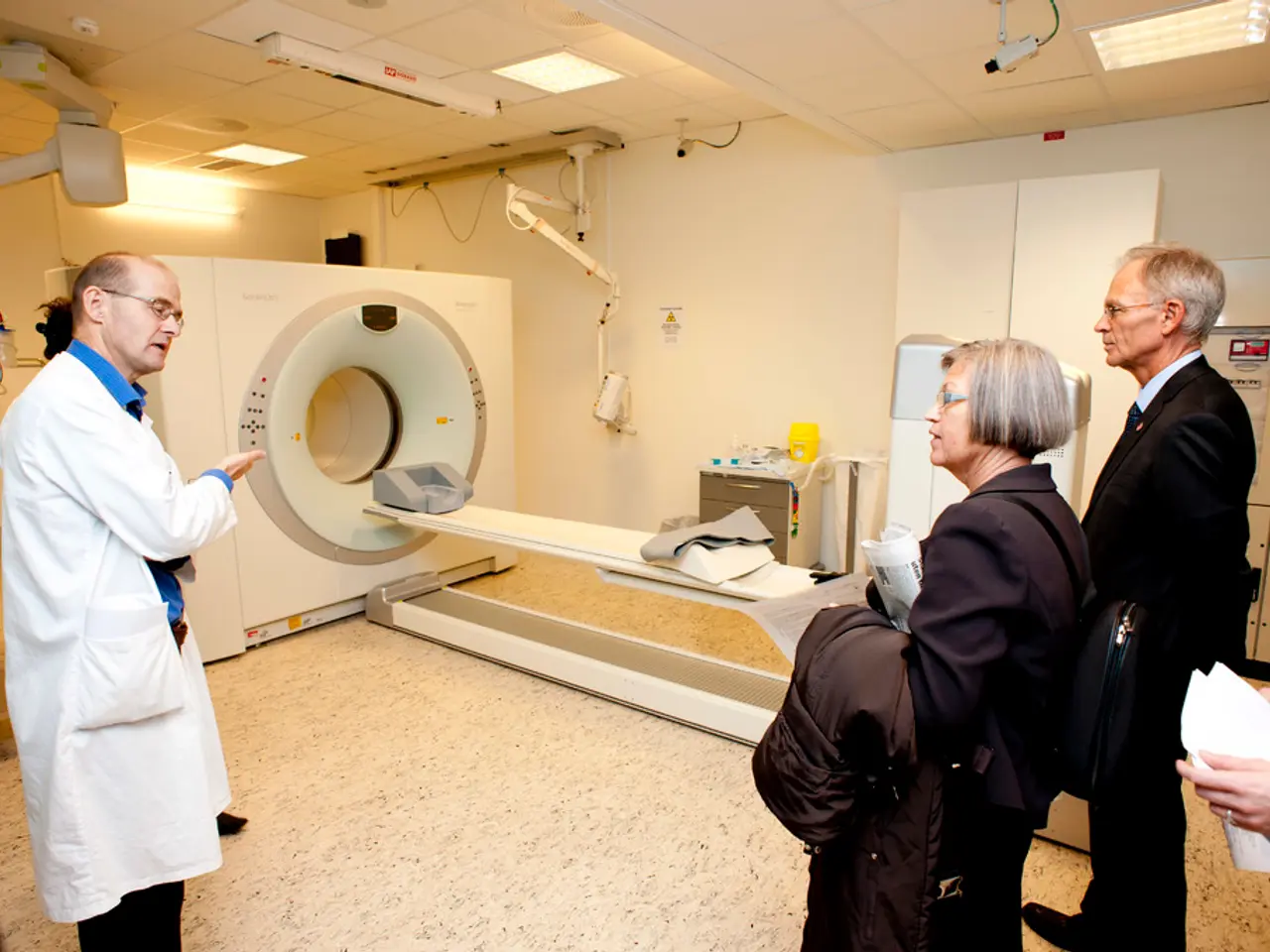A Second Opinion is Preferable Over a Mistaken One.
In the world of healthcare, a troubling phenomenon known as medical gaslighting has emerged, causing concern among patients and professionals alike. This practice, which involves healthcare professionals minimising, dismissing, or outright denying patients' symptoms, particularly disabling or dangerous ones, can lead to serious harm [1][2][3].
The term 'medical gaslighting' has been coined to describe this phenomenon, and it's most commonly observed in patients suffering from chronic illnesses. This form of medical mistreatment can undermine patient trust, contribute to missed or delayed diagnoses, and is recognised as a leading patient safety concern [3][4][5].
Unfortunately, medical gaslighting can have severe consequences. Delayed or missed diagnoses due to this practice can result in worsening health outcomes, increased patient frustration, and, in extreme cases, can even be life-threatening. There have been instances where doctors have disregarded, minimised, or dismissed patients' signs and symptoms as psychosomatic [1][2].
The impact of medical gaslighting on healthcare is significant. It not only causes lasting psychological trauma for patients but also erodes the trust between patients and the medical system. As patients feel ignored or disbelieved, their frustration grows, leading to a strained relationship with their healthcare providers [3][4][5].
It is crucial for patients to be aware of this practice and to advocate for their health. If you suspect that you are a victim of medical gaslighting, do not hesitate to seek a second opinion or to voice your concerns with your healthcare provider. Open communication is key to ensuring that you receive the care you need and deserve.
While this article aims to raise awareness about medical gaslighting, it is important to note that the vast majority of healthcare professionals are dedicated to providing the best care possible. However, it is essential to remain vigilant and to advocate for yourself when it comes to your health.
References:
[1] Mayo Clinic. (2021). Medical Gaslighting. https://www.mayoclinic.org/diseases-conditions/chronic-fatigue-syndrome/in-depth/medical-gaslighting/art-20500353
[2] National Centre for Biotechnology Information. (2021). Medical Gaslighting: A Systematic Review. https://www.ncbi.nlm.nih.gov/pmc/articles/PMC7828794/
[3] American Medical Association. (2020). Medical Gaslighting: A Growing Concern. https://www.ama-assn.org/ama/pub/about-ama/our-people/ama-councils/council-on-science-public-health/articles/2020-08-27-medical-gaslighting-a-growing-concern
[4] British Medical Journal. (2020). The Impact of Medical Gaslighting on Patient Safety. https://www.bmj.com/content/371/bmj.m3845
[5] Patient Safety Learning. (2021). Medical Gaslighting: A Patient Safety Issue. https://www.patientsafetylearning.org/resources/medical-gaslighting-a-patient-safety-issue/
Apply science and medical research to identify signs of medical gaslighting in health-and-wellness and mental-health contexts, as this practice can have detrimental effects on patient safety and overall well-being. Seek professional advice and resources, such as articles from the Mayo Clinic, National Centre for Biotechnology Information, American Medical Association, British Medical Journal, and Patient Safety Learning, to enhance knowledge and advocacy for health and mental health.




